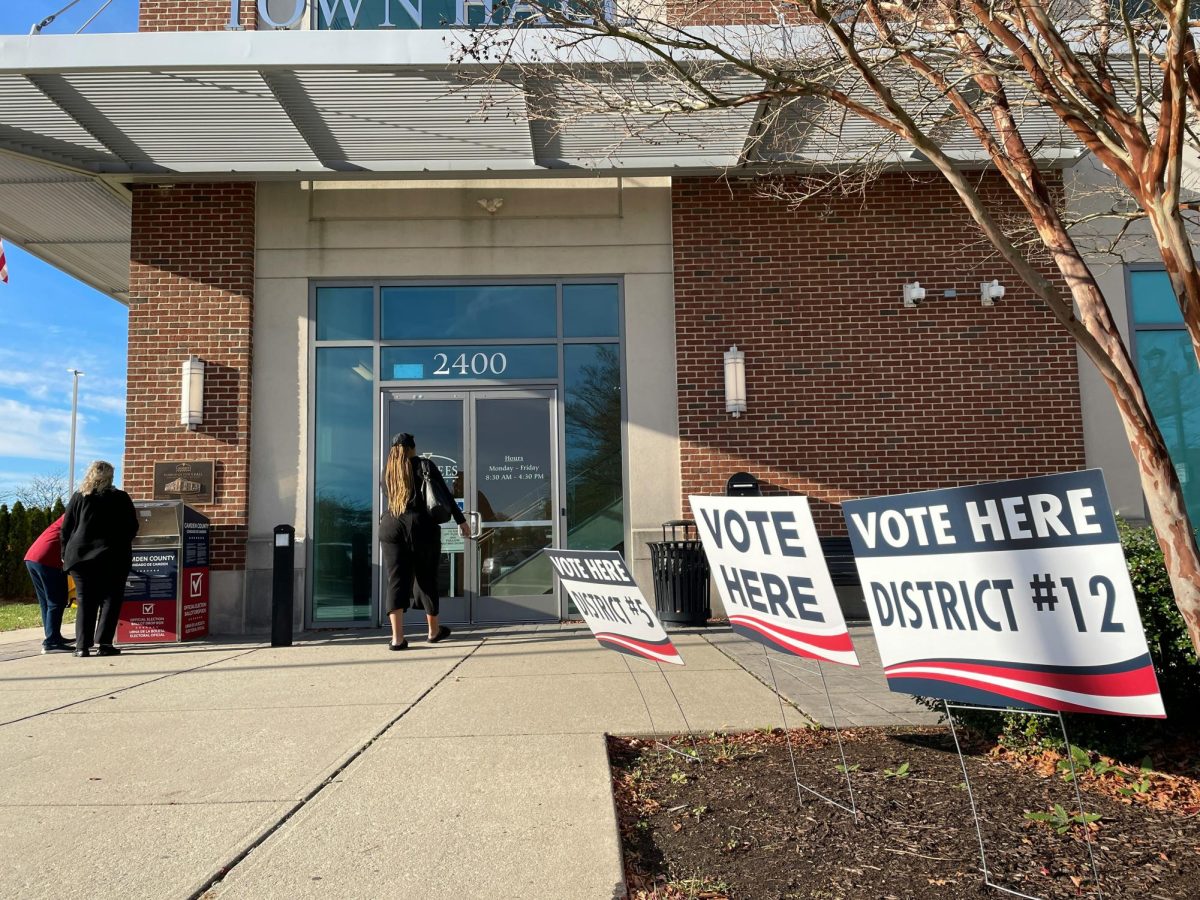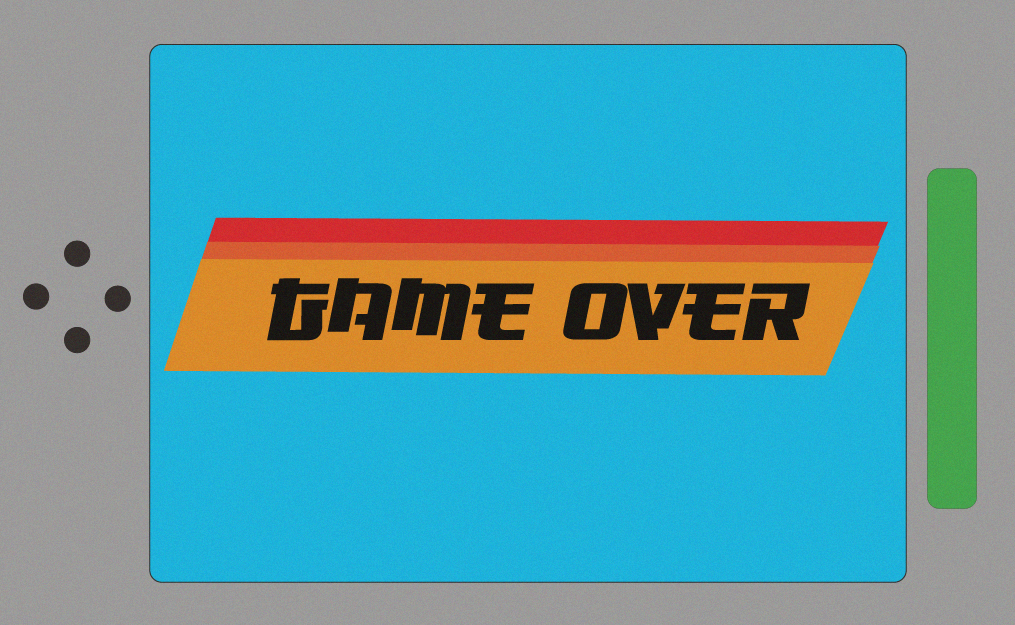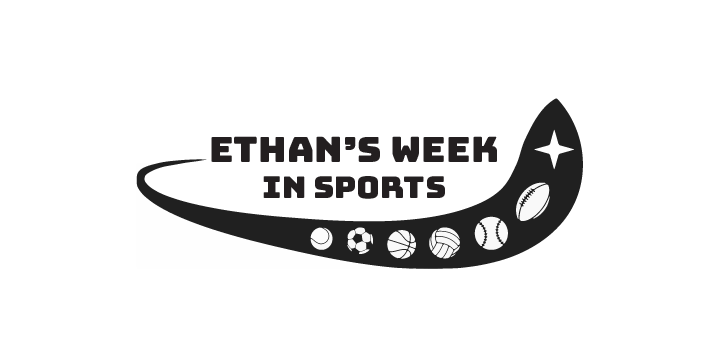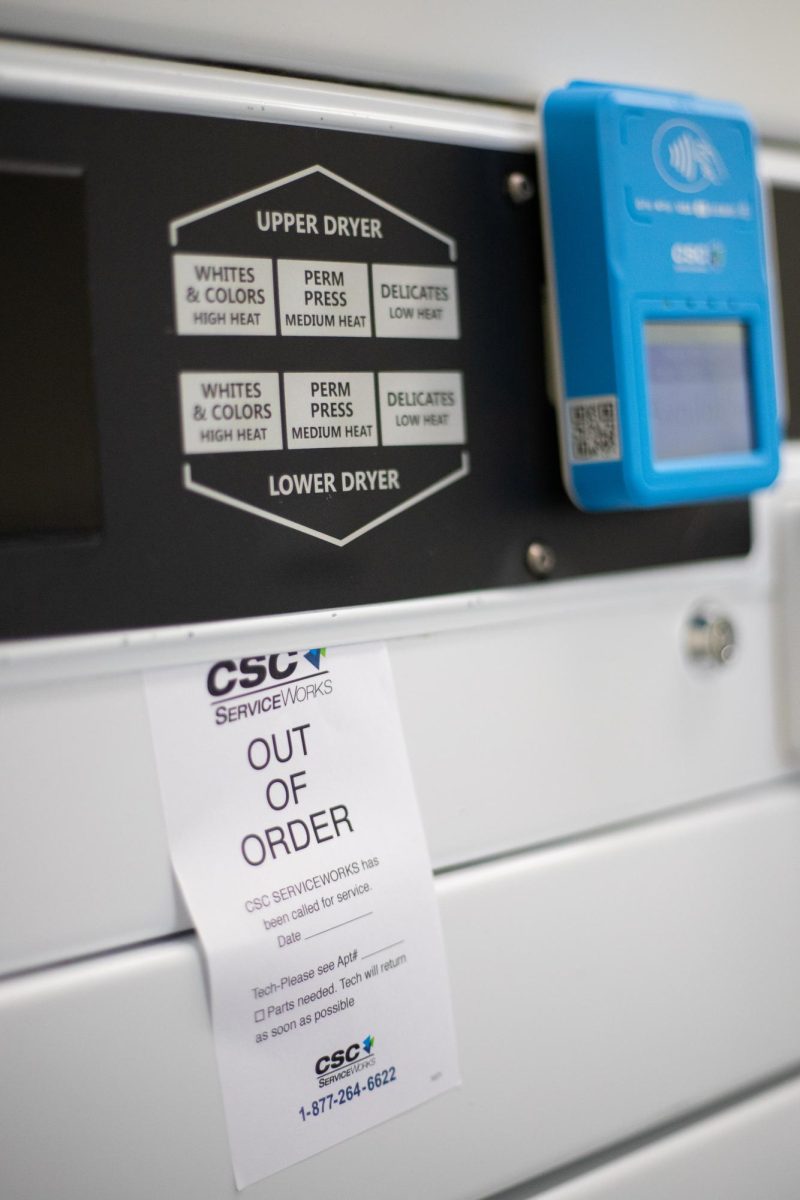When a student doesn’t pass a class at Florida Gulf Coast University, they can redeem themselves by asking for forgiveness: grade forgiveness, that is.
Grade forgiveness is a process at FGCU where a student can have an insufficient grade replaced in their GPA after retaking the course. Any grade that is a C- or lower is eligible to be forgiven as long as the original and repeated course were both taken at FGCU. Courses taken prior to Fall 2000 are not eligible because the Grade Forgiveness policy had not been established yet. Students can only grade forgive two separate courses during their entire undergraduate career at FGCU.
In order to grade forgive a class, students must fill out a Grade Forgiveness application form that is available at all academic advising offices. After filling out the form, students must receive an adviser’s signature and then bring the form to the Office of the Registrar for processing at the end of the semester.
As long as a student meets the above criteria, which is also listed on the Grade Forgiveness Form, his or her form will be signed by his or her academic adviser.
Allison Bacigalupi, director of undergraduate studies advising, said, “It’s really rare that we would see someone who doesn’t meet the criteria. Instances include if a student tries to have more than two courses grade forgiven, or if a course was taken before fall of 2000. Also, the repeat grade has to be higher than the original grade. Sometimes students will turn in the form a little early and they’ll end up getting a D the first time and a D the second time or worse. The biggest advice I give to students is to turn the form in at the point in which you are confident in the grade you are going to get. If you are going into your math final and you’ve got a C, but coming out of that math final you could not have a C, that could have huge ramifications. As long as you submit your form prior to the deadline in your final semester before graduation, and you meet the criteria, it can be processed.”
The only deadline on a grade forgiveness form is the day indicated in the Academic Calendar for a student’s term of graduation. Because of this, Bacigalupi advises students to make sure that the gap in their grade is big enough to make a difference.
“If you’re going from a D to a C, sure you can grade forgive the course, but is that best for you to do right now?” Bacigalupi said. “Just because you immediately repeat the course does not mean you have to turn in your form immediately. We quite frequently have seniors who will wait it out to make sure there aren’t any better opportunities and they’ll turn them in right before they graduate so they know which ones were the best-case scenarios. Students should look for classes where they had the biggest gap between their original and repeat grades. Pulling F’s out of your GPA can be very significant for a student.”
While there is no specific major track that has the most grade forgiveness forms turned in, the most common classes that students grade forgive tend to be science or math classes.
“There are certain classes that we have at FGCU that have higher drop, withdrawal and fail rates,” Bacigalupi said. “For example, a biology class where students are more prone to not do well, especially since it is taken within a student’s first or second semester. College algebra and chemistry are also ones that we see the most frequently. But sometimes we get students where psychology didn’t go very well, or composition, or even an elective coures. There’s not necessarily a specific program that has more grade forgiveness forms submitted, but definitely DWF courses where students are more prone, especially in their first semester as freshmen, to not do as well. It’s typically math and science because the intensity is so much higher than students are used to in high school. They aren’t used to needing tutoring or assistance all the time, so that’s a transition too. And we try to expose students to those resources as much as we can early on so that they get the help that they need to be successful.”
The best advice, according to Bacigalupi, is to speak with your academic adviser. “Talk to your academic adviser about what your best situation is, and determine a strategy, not only for grade forgiveness if you need to use it, but for getting assistance and getting connected to campus resources.”





























